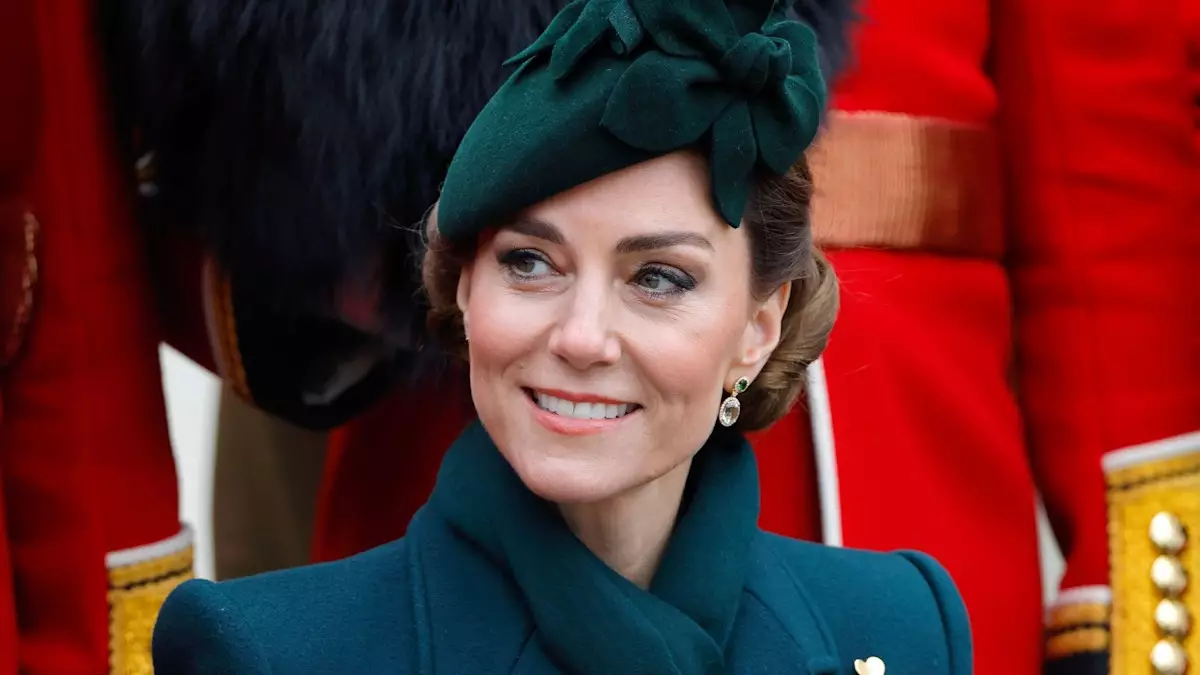The decision for Princess Kate not to attend Pope Francis’ funeral this Saturday at the Vatican is drawing attention as much for its royal implications as for its familial considerations. Royal watchers are quick to note that Kate’s absence is not a reflection of indifference or disrespect. Instead, it serves as a pivotal example of how modern royals are increasingly prioritizing family alongside official duties. While she might have participated in this monumental occasion as a representative of the Crown, Kate has chosen to invest her time in her children, specifically focusing on her son Prince Louis’ seventh birthday celebrations and preparing for daughter Princess Charlotte’s upcoming tenth birthday. This conscious choice reflects a significant shift in royal priorities that many contemporary observers appreciate.
Prince William: A Solo Mission with Historical Roots
Prince William’s decision to attend the funeral alone is steeped in royal tradition. By following in the footsteps of his father, King Charles, who attended the funeral of Pope John Paul II solo back in 2005, William underscores the notion that royal representation doesn’t necessarily require a collective appearance at each poignant event. His presence at the funeral not only represents the current monarchy but also serves to position him as a responsible global statesman and future king. The role of the British monarch often intersects with significant moments in global affairs, and attending such events contributes to the unfolding narrative of William’s responsibilities.
This solo attendance is laden with meaning; it captures both historical context and modern expectations of a royal. Unlike his late mother, Queen Elizabeth II, who opted not to attend papal funerals, King Charles has set a precedent by sending his heir in his place. William is thus simultaneously honoring the institution while carving out his identity within that framework. The choice to represent the monarchy at an event as significant as a papal funeral is an essential development in his royal journey.
Modern Royal Dynamics: Protocol vs. Adaptability
Royal protocol plays a substantial part in these decisions, but adaptability within those confines is equally significant. Charles’ absence from the funeral—despite a close relationship with Francis—echoes the established tradition of British monarchs maintaining a respectful distance from Catholic ceremonial gatherings. This delicate balance is emblematic of the unique challenges faced by modern royals; they must navigate both tradition and contemporary societal values.
The insights from royal biographers like Robert Hardman have highlighted that while William respects the institutions he represents, he is not entirely at ease in a faith-centric environment. This juxtaposition reflects a poignant reality for many public figures: the necessity to embody one’s role while remaining authentic to personal beliefs. Such complexities offer a richer understanding of the dynamics at play within the royal family, as William steps into a world where tradition meets modern expectations.
A Future King and His Relationship With the Papacy
Interestingly, while William never had a direct encounter with Pope Francis, his father forged a network of meetings that showcased a relationship built on mutual respect. King Charles’ personal reflections about their interactions reveal a bond that transcends mere diplomacy; it speaks to a shared commitment to issues like compassion and peace. This legacy of connection is cornerstone to how modern royals engage with global spiritual leaders, blending both political duty and personal interaction in their royal narratives.
The heartfelt statements issued by Charles and Camilla after Pope Francis’ passing resonate with the ongoing impact of their meetings, suggesting that the relationship was more than ceremonial. Such sentiments amplify the importance of both diplomacy and genuine human connection in a world yearning for compassion, particularly in times of collective grief.
Crafting a New Narrative in Royal Family Dynamics
Princess Kate’s choice to step back may well symbolize a broader shift within royal circles that highlight the importance of family and personal commitments in parallel with public responsibility. As Kate balances her role as a mother with her obligations as a royal, she embodies a new narrative where family is paramount. This shift opens the door for future generations of royals who may similarly prioritize personal over ceremonial duties without sacrificing the dignity and respect expected of their positions.
In this evolving landscape, Prince William’s attendance at Pope Francis’ funeral is more than just a duty; it’s a confluence of historical practice adapting to modern realities. As he continues to embrace his growing responsibilities on the global stage, one can only anticipate the rich legacy he will leave as he merges tradition with his distinctive leadership style.

